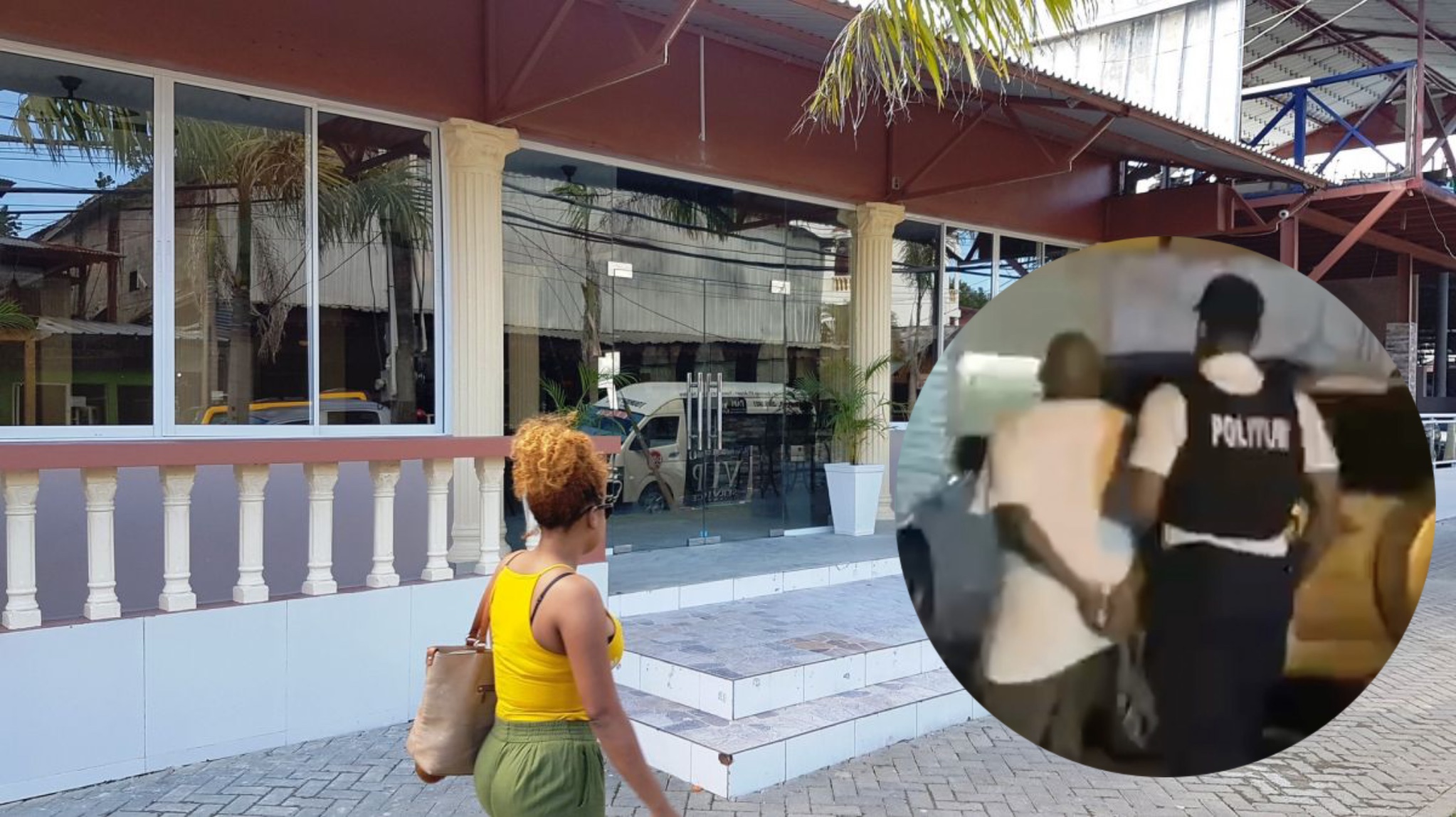In the wake of social media speculation regarding the alleged forfeiture of property belonging to Bahamian national Devree Antoine Holis, known as ‘Ray,’ El Nuevo Norte has issued a clarification. The media outlet emphasized that deportation or forced departure from the Dominican Republic does not equate to the loss of legally acquired private property. Holis, the owner of the Rumba bar on Pedro Clisante Street in Sosúa, Puerto Plata, had recently applied for Dominican residency but lacked legal immigration status at the time of his arrest following an altercation with Politur agents. According to Dominican law, foreigners can engage in legal transactions, such as purchasing property or businesses, within the three-month legal stay period, provided they possess valid documentation like a passport, visa, or temporary permit. A legal expert explained that while the government may deny residency, deportation does not strip foreigners of their assets. Holis’s partner continues to manage the bar, which remains operational. The incident leading to his potential deportation involved an altercation with police officers stationed near his establishment. Legal provisions under the General Migration Law (285-04) govern residency applications and property rights, ensuring that deportation does not invalidate ownership. El Nuevo Norte has urged the public to avoid spreading unverified information as the case remains under investigation by immigration authorities and the Sosúa Prosecutor’s Office.
Owner of Rumba bar in Sosúa retains rights to business despite possible deportation
